| Teacher: Rusty Kennedy Series: Easter |
Rusty's Notes | |
Sunday
- Jesus enters into Jerusalem (Palm Sunday)
- Zechariah 9:9 - Rejoice greatly, Daughter Zion!
Look, your King is coming to you;
he is righteous and victorious,
humble and riding on a donkey,
on a colt, the foal of a donkey. [1]
Monday
- Jesus clears the temple
- Matthew 21:12-13 - Jesus went into the temple and threw out all those buying and selling. He overturned the tables of the money changers and the chairs of those selling doves. 13 He said to them, “It is written, my house will be called a house of prayer, but you are making it a den of thieves!”[2]
- Jesus delivers the Olivet Discourse at the Mt. of Olives with His disciples.
- Matthew 21:23 – 24:51.
- No record in the Scripture
- Jesus told Peter and John to go and prepare for the Passover Meal.
“Thank You Jesus for the Blood” – Charity Gayle
THE LORD’S SUPPER
MATTHEW 26
26 As they were eating, Jesus took bread, blessed and broke it, gave it to the disciples, and said, “Take and eat it; this is my body.” 27 Then he took a cup, and after giving thanks, he gave it to them and said, “Drink from it, all of you. 28 For this is my blood of the covenant, which is poured out for many for the forgiveness of sins.”[3]
- They left singing and went to the Garden of Gethsemane
- Jesus asked them stay awake and pray with him three times.
- Matthew 26:39 - Going a little farther, he fell facedown and prayed, “My Father, if it is possible, let this cup pass from me. Yet not as I will, but as you will.[4]
- Judas came and betrayed Jesus with a kiss.
- The religious mob arrested Jesus.
- Peter cut off the High Priest’s servant's ear.
- Jesus healed the ear.
- The disciples scattered.
- Jesus’s trial with the Sanhedrin took place in the early morning hours.
- Peter denied Jesus three times before the rooster crowed.
- Before 9 AM (third hour), Jesus had been through trials and sentenced to death on the cross.
- As He was led away, He was mocked, spit on, beaten and had a crown of thorns placed on His head.
- He was mocked as Roman soldiers nailed Him to the cross and hung between two thieves.
- Jesus gave seven statements on the cross.
- The first was, Luke 23:34 - Then Jesus said, “Father, forgive them, because they do not know what they are doing.”[5]
- On the 9th hour (3 PM), Jesus breathed His last and died.
- No bones were broken, as was prophesied.
- By 6 PM, Jesus was taken down and placed in Joseph of Arimathea’s tomb before sundown.
“At this point, I am going to ask that you sit in silence for just a minute. There is no reason for you to be alarmed, trust me. But I would like to speak with our safety team in the parking lot right now. There is nothing to worry about.”
Saturday – The Day with No Name
- What were you experiencing in the room while I was gone?
- What were the disciples experiencing on that day?
- The crowds are gone.
- Their minds and hearts were numb.
- And they were not sure what’s next.
- Do you ever feel like you are living in the day with no name?
- You’re just waiting…
- While the whole time life is going on around you.
- Matthew 27:62-66 - The next day, which followed the preparation day, the chief priests and the Pharisees gathered before Pilate 63 and said, “Sir, we remember that while this deceiver was still alive he said, ‘After three days I will rise again.’ 64 So give orders that the tomb be made secure until the third day. Otherwise, his disciples may come, steal him, and tell the people, ‘He has been raised from the dead,’ and the last deception will be worse than the first.”
- 65 “You have a guard of soldiers,” Pilate told them. “Go and make it as secure as you know how.” 66 They went and secured the tomb by setting a seal on the stone and placing the guards.[6]
Sunday
- Early Sunday morning, several women (Mary Magdalene, Joanna, Salome, and Mary the mother of James) went to the tomb and discovered that the large stone covering the entrance had been rolled away. An angel announced:
- Matthew 28:5-7 - The angel told the women, “Don’t be afraid, because I know you are looking for Jesus who was crucified. 6 He is not here. For he has risen, just as he said. Come and see the place where he lay. 7 Then go quickly and tell his disciples, ‘He has risen from the dead and indeed he is going ahead of you to Galilee; you will see him there.’ Listen, I have told you.”[7]
- Jesus appeared to the disciples.
[1] Christian Standard Bible (Nashville, TN: Holman Bible Publishers, 2020), Zec 9:9.
[2] Christian Standard Bible (Nashville, TN: Holman Bible Publishers, 2020), Mt 21:12–13.
[3] Christian Standard Bible (Nashville, TN: Holman Bible Publishers, 2020), Mt 26:26–28.
[4] Christian Standard Bible (Nashville, TN: Holman Bible Publishers, 2020), Mt 26:39.
[5] Christian Standard Bible (Nashville, TN: Holman Bible Publishers, 2020), Lk 23:34.
[6] Christian Standard Bible (Nashville, TN: Holman Bible Publishers, 2020), Mt 27:62–66.
[7] Christian Standard Bible (Nashville, TN: Holman Bible Publishers, 2020), Mt 28:5–7.
[8] Christian Standard Bible (Nashville, TN: Holman Bible Publishers, 2020), Mt 28:16–20.

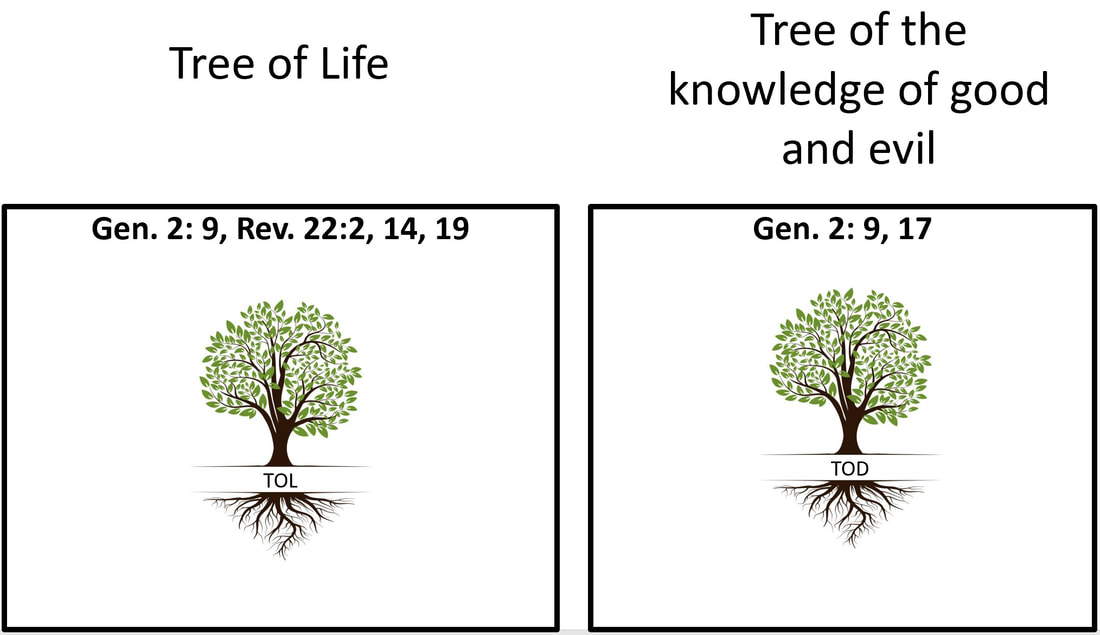
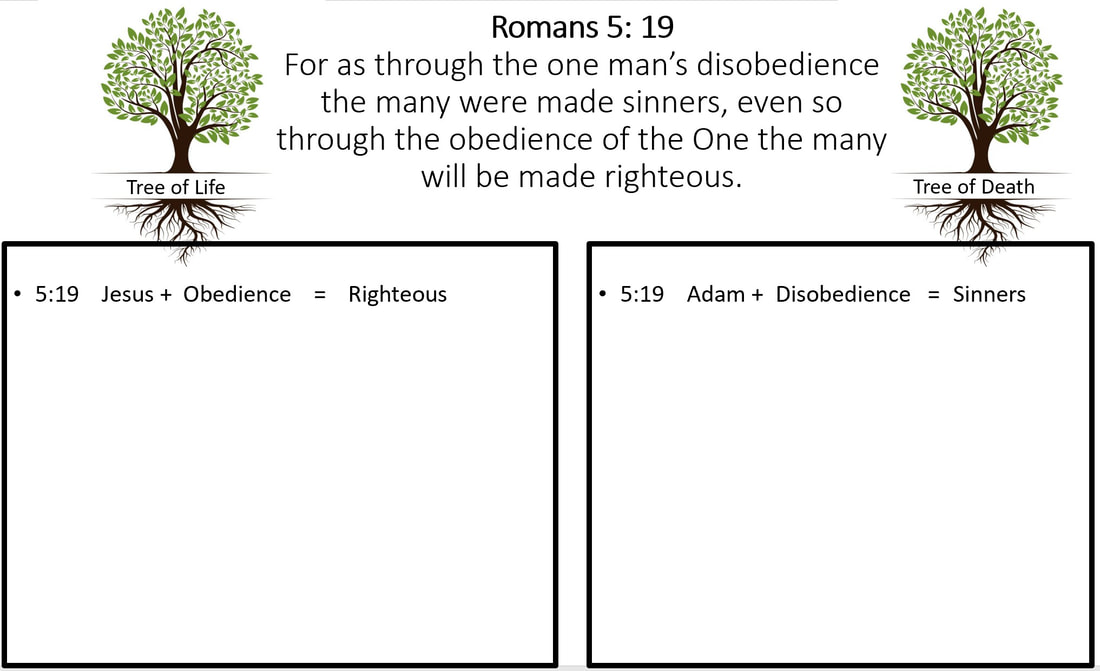
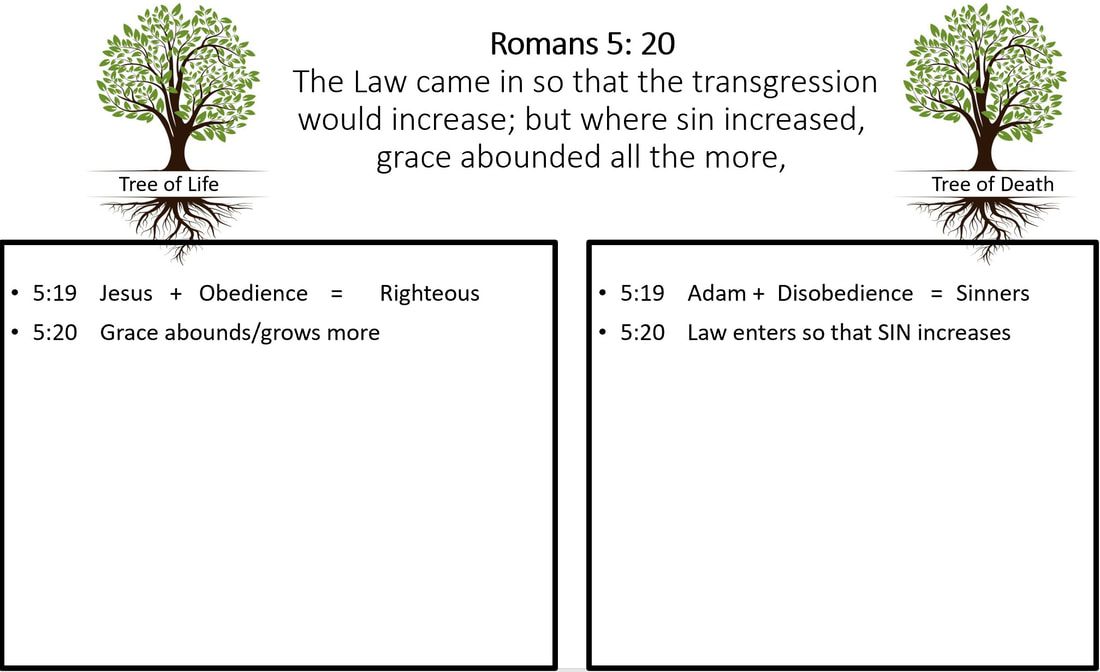
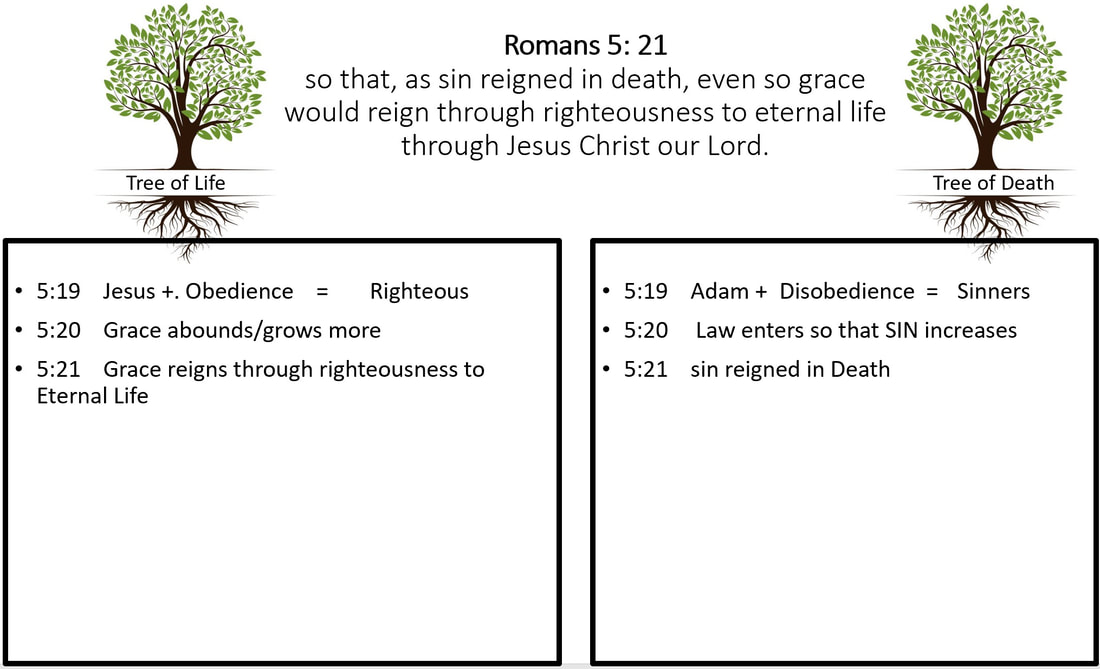
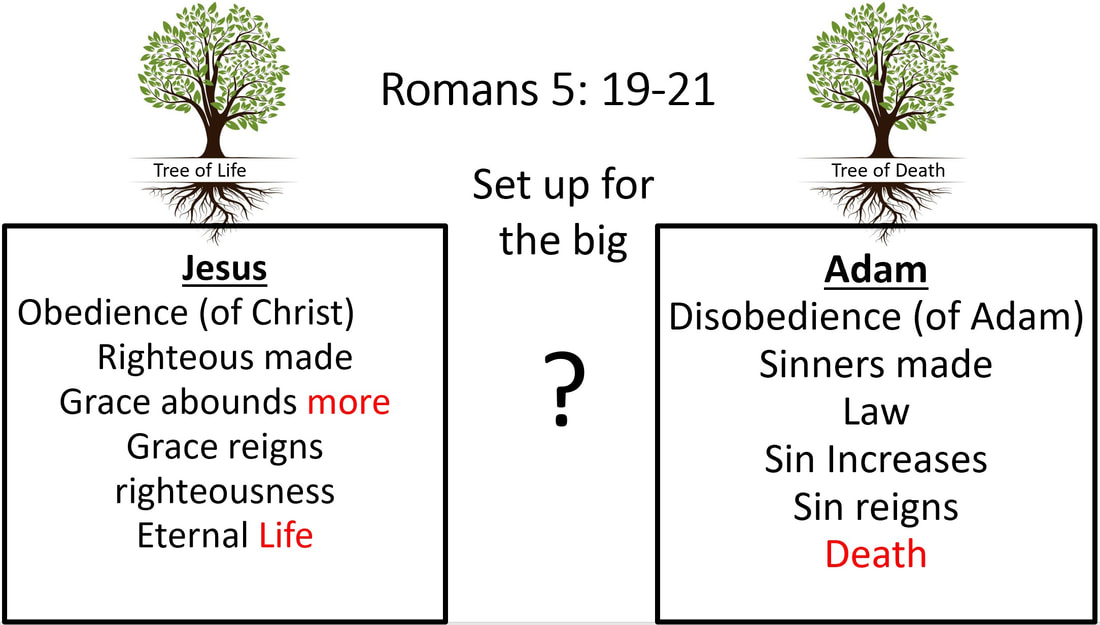
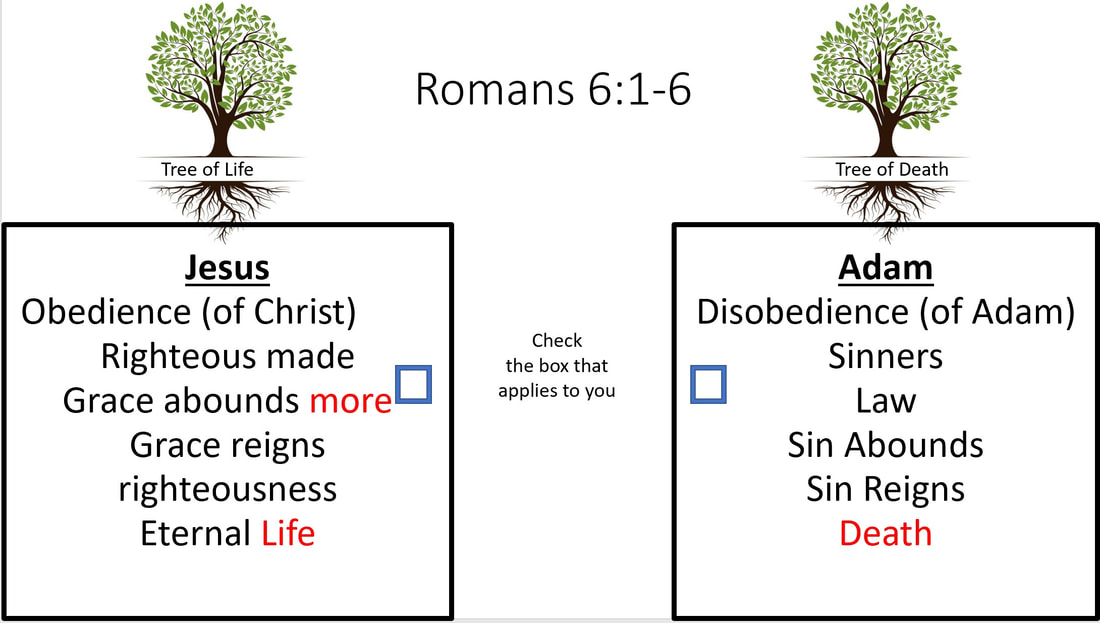
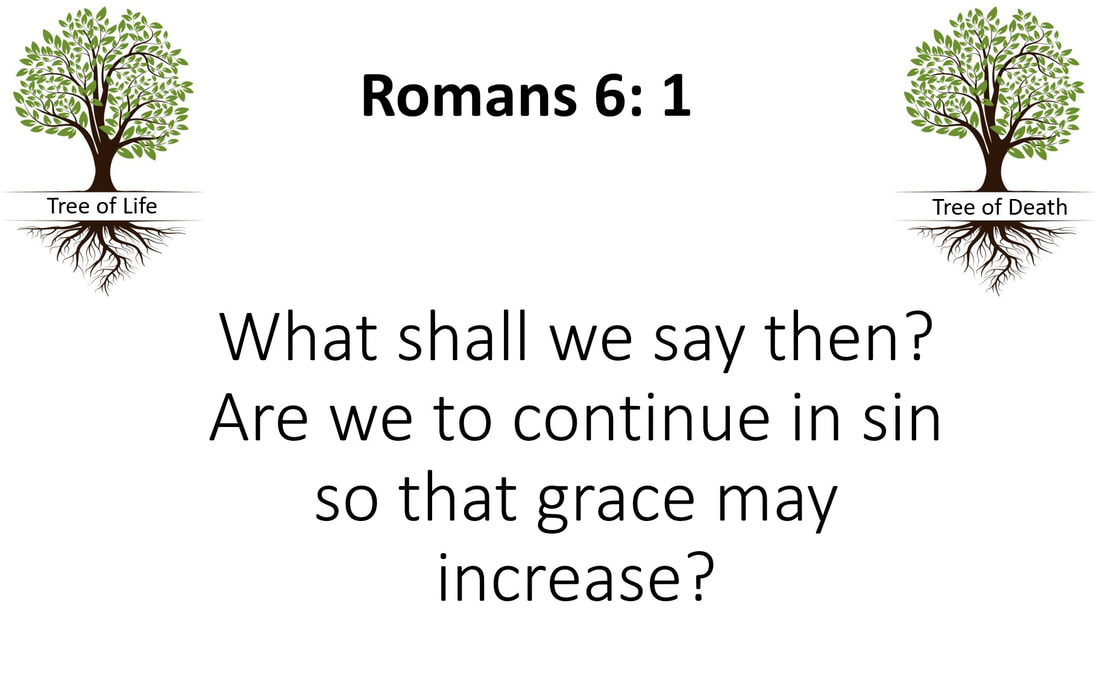
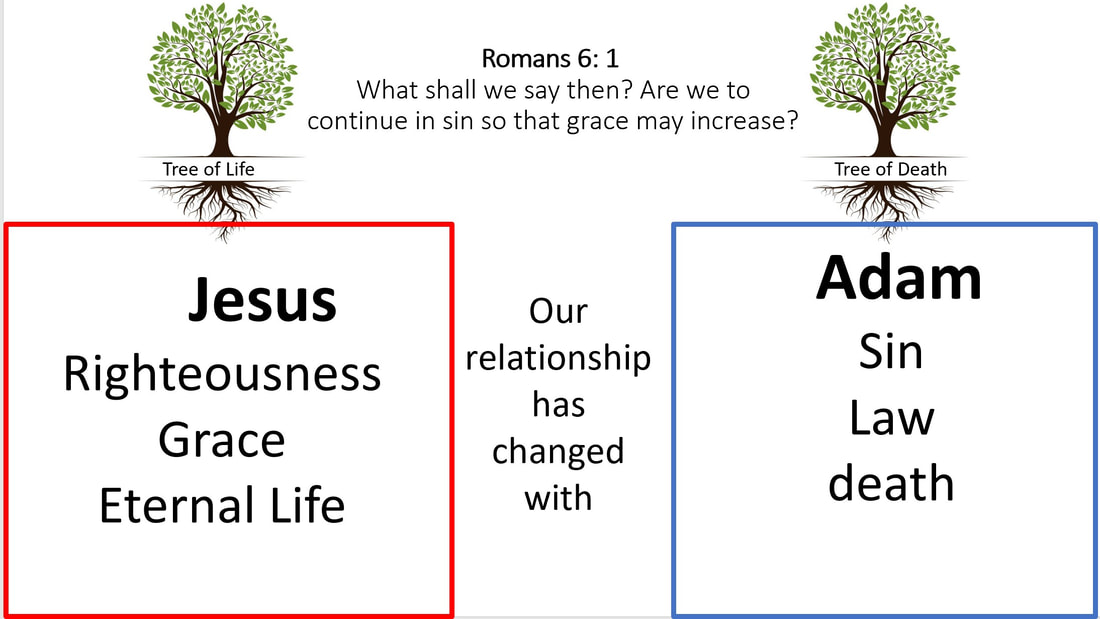
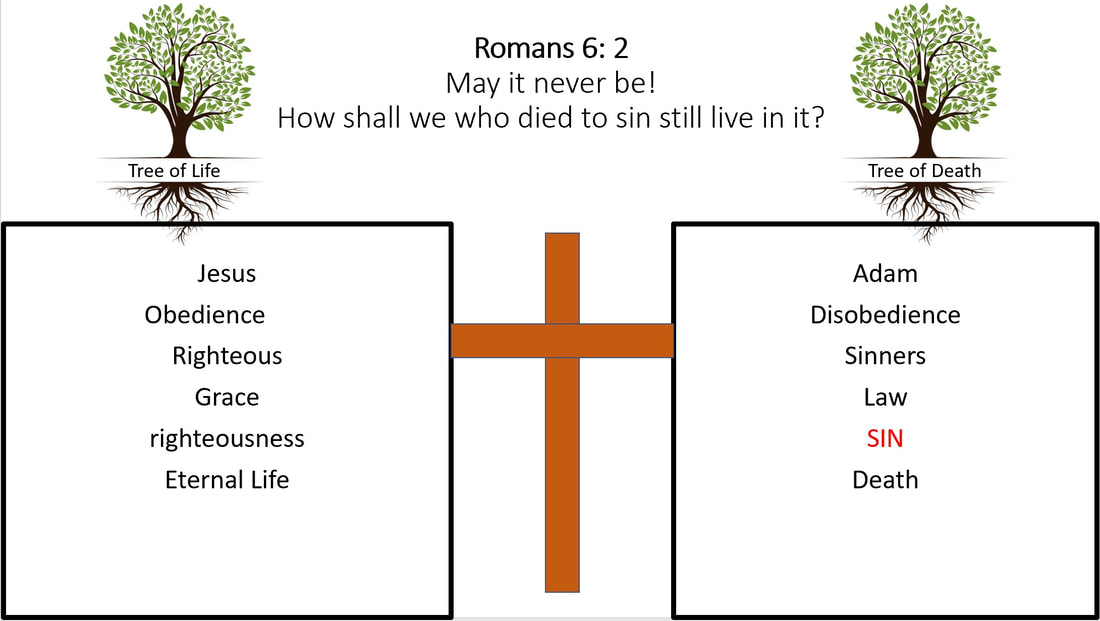
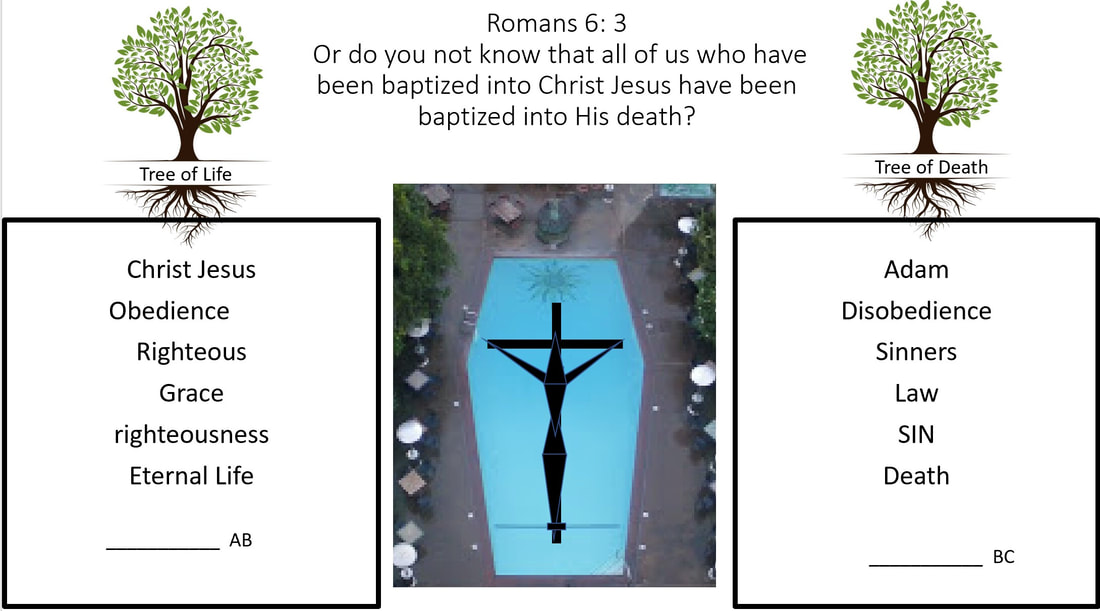
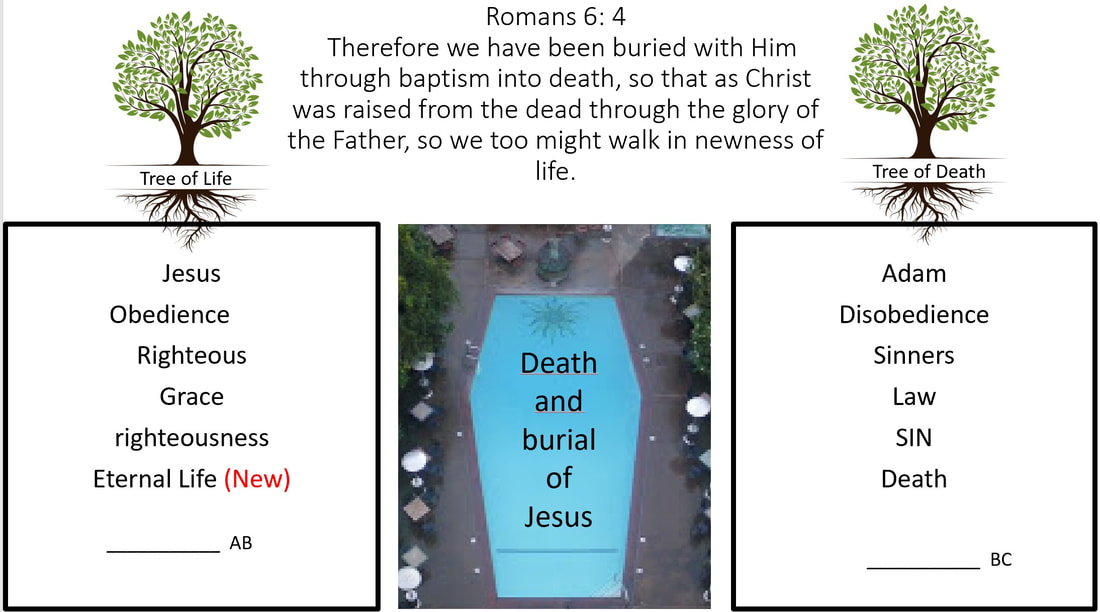
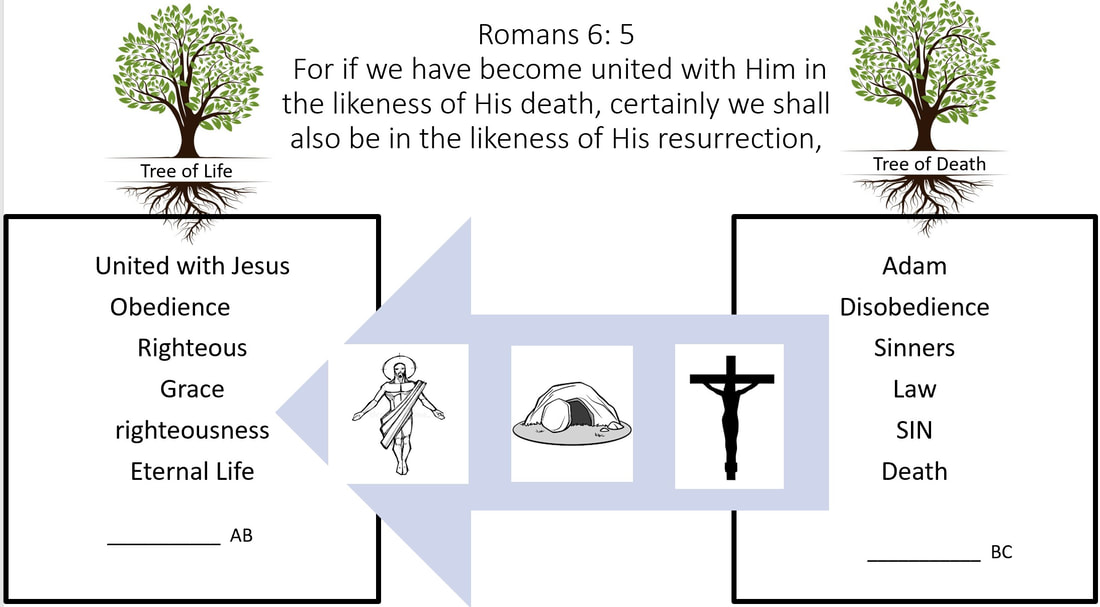
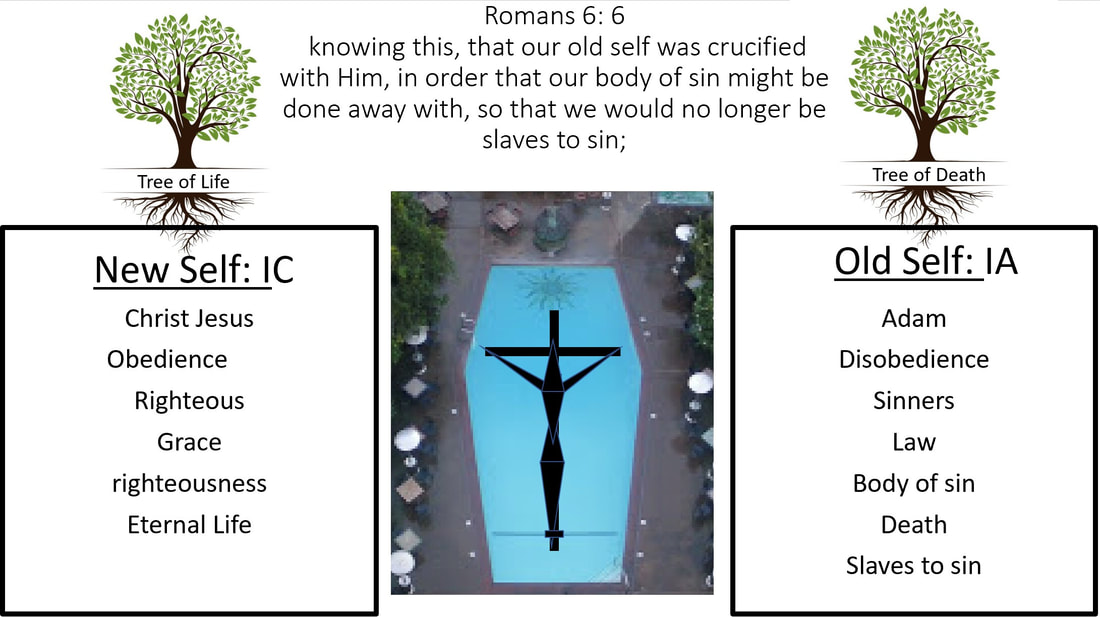
 RSS Feed
RSS Feed